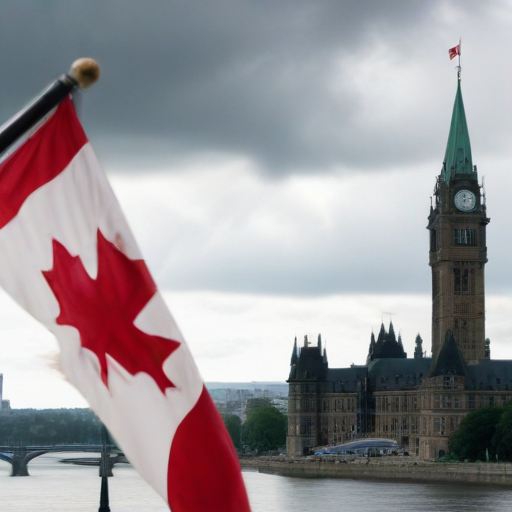Canadian Prime Minister Justin Trudeau, who first rose to power in 2015 on a platform of change and optimism, is now facing significant challenges to his leadership following the unexpected resignation of Finance Minister Chrystia Freeland. This sudden departure has raised concerns over the stability of Trudeau’s government as discontent grows among Canadians regarding his administration’s handling of key issues, including the looming threat of tariffs from the incoming U.S. president, Donald Trump.
Freeland’s resignation, which occurred just hours before a crucial fiscal update, was attributed to a fundamental disagreement between her and Trudeau, particularly concerning strategies to combat tariff threats. Freeland openly criticized Trudeau, stating that they had become “at odds about the best path forward for Canada” and suggesting that the government needed to avoid “costly political gimmicks” in favor of strategic fiscal planning amidst potential economic turmoil.
As dissatisfaction with Trudeau’s governance has swelled—particularly following poor performances in recent by-elections—pressure is mounting for him to resign. Polls indicate that public sentiment has shifted, with many Canadians currently viewing Trump more favorably than Trudeau himself, a significant reversal from just a few years prior.
Trudeau, having secured consecutive re-elections, has seen his popularity stumble in light of scandals, unmet promises, and economic pressures, including a rising cost of living. The departure of Freeland, a prominent figure within the Liberal Party and perceived potential successor to Trudeau, has deepened the divide within the party and sparked calls for change from several members of parliament.
Political experts suggest that Trudeau’s chances of recovery are increasingly slim, with multiple opposition leaders voicing their desire for his resignation. Should the current political climate persist, Canada may face an early federal election, with polls indicating that the opposing Conservative Party could win decisively.
This rapidly changing political landscape challenges Canada’s reputation for stability. With the resignation of a key minister and the looming specter of tariffs, the government’s ability to navigate economic issues effectively is now in question. Unlike Trudeau’s father, who famously took a contemplative walk before resigning, his current situation appears more tumultuous, reflecting the urgent need for reflection and potential leadership change.
In summary, while Trudeau’s administration grapples with these challenges, it signifies a crucial moment for Canadian democracy. The outcome may lead to renewed leadership and possibly more effective governance, reflecting the will of the electorate eager for positive change in the face of uncertainty.
